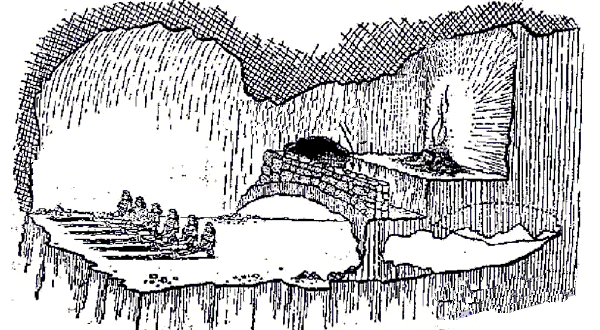 | ||
| Wouldn't Want To Be Them |
The case studies presented in this week’s readings cover
such a broad range of ethical situations that it’s clear there is not really
any right answer to these daunting questions. It has also shown me how tough it
is to be a judge. If I were presented with a situation where I had to decide whether
or not release secret information, I would certainly have to weigh the factors
we have discussed in class and read in the text. That may seem like the easy
answer, but the truth is, one can’t know until that unique situation.
One of the case studies that stood out the most to me was
the one on page 47 of “Media Ethics.” A reporter is presented with a tape that
shows a murder suspect speaking to his lawyer. The act of filming the
confidential exchange was illegal. So when the government came asking for the
source, the reporter would not give them up because of her right to keep her
source confidential. So they then targeted her husband, who drove her to the
exchange in order to find the information.
This is a worst-case scenario. Not only was the reporter
faced with the extremely difficult decision of using the confidential
information in the video, but then her husband was targeted because he was
helping her. Since he wasn’t a reporter, logically that would make one think he
is fair game to force his cooperation. But do we really want that woman wandering
into a stranger’s house alone with no support? No. If I were the reporter in this situation, I
probably would act just as she did. She didn’t release the law-breaking
recording, which allowed for the suspect to have a fair trial. But the attempt
to flush out the source seems to go a bit far. The husband was acting as
personal security. I side with the reporters on this one.
In my current position, which doesn’t call for any type of
boundary pushing, my criterion for keeping information secret is fairly simple.
If releasing the information would put my family, friends or me in any type of
danger, either physically or emotionally, I wouldn’t do it. I hope to never be in a position where things
get more complicated. When I think of a situation like Wikileaks, my outside
opinion is always to side with our government. There is obviously corruption
and wrongdoing that goes on, but I’d rather enemy groups didn’t know about it.
 |
| Plato's Cave |
The fallout from releasing once secret information can be
seen on a daily basis. It seems like this year has had more scandal than others
I can remember. Or maybe I’m just paying attention more. When controversial
secret information comes out, the backlash is complete media immersion. If the
topic is somehow sports related, all sports outlets drop everything and talk
about it. The same goes for entertainment and those outlets. I often wonder if
these situations hinder the process of selecting an unbiased jury. So this must
be considered when an individual intends to expose something. Passing on a
rumor could completely ruin someone’s life.
Photo Credits:
http://img.tgdaily.com/sites/default/files/stock/450teaser/gavel.jpg
http://webspace.ship.edu/cgboer/PlatosCave.gif)
No comments:
Post a Comment